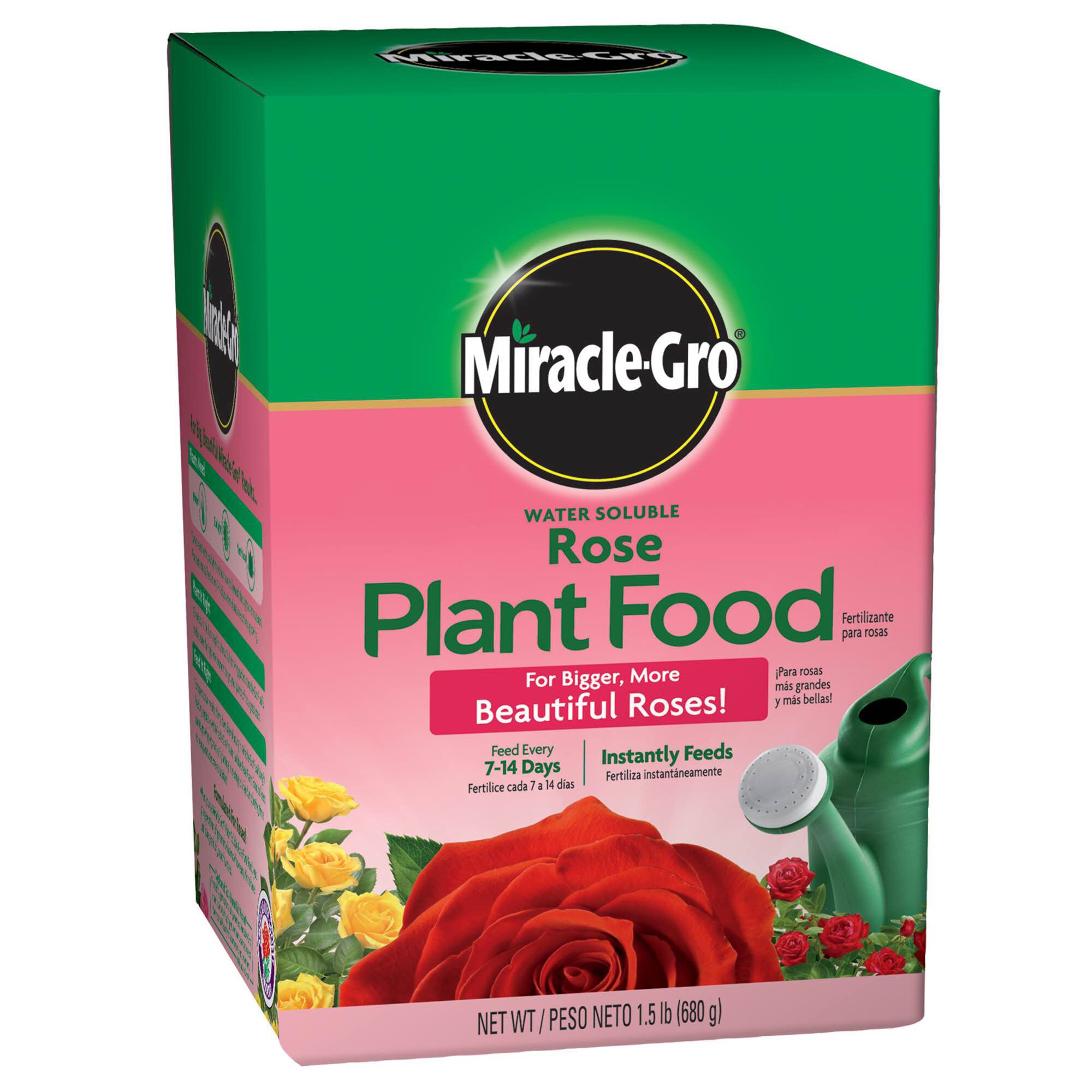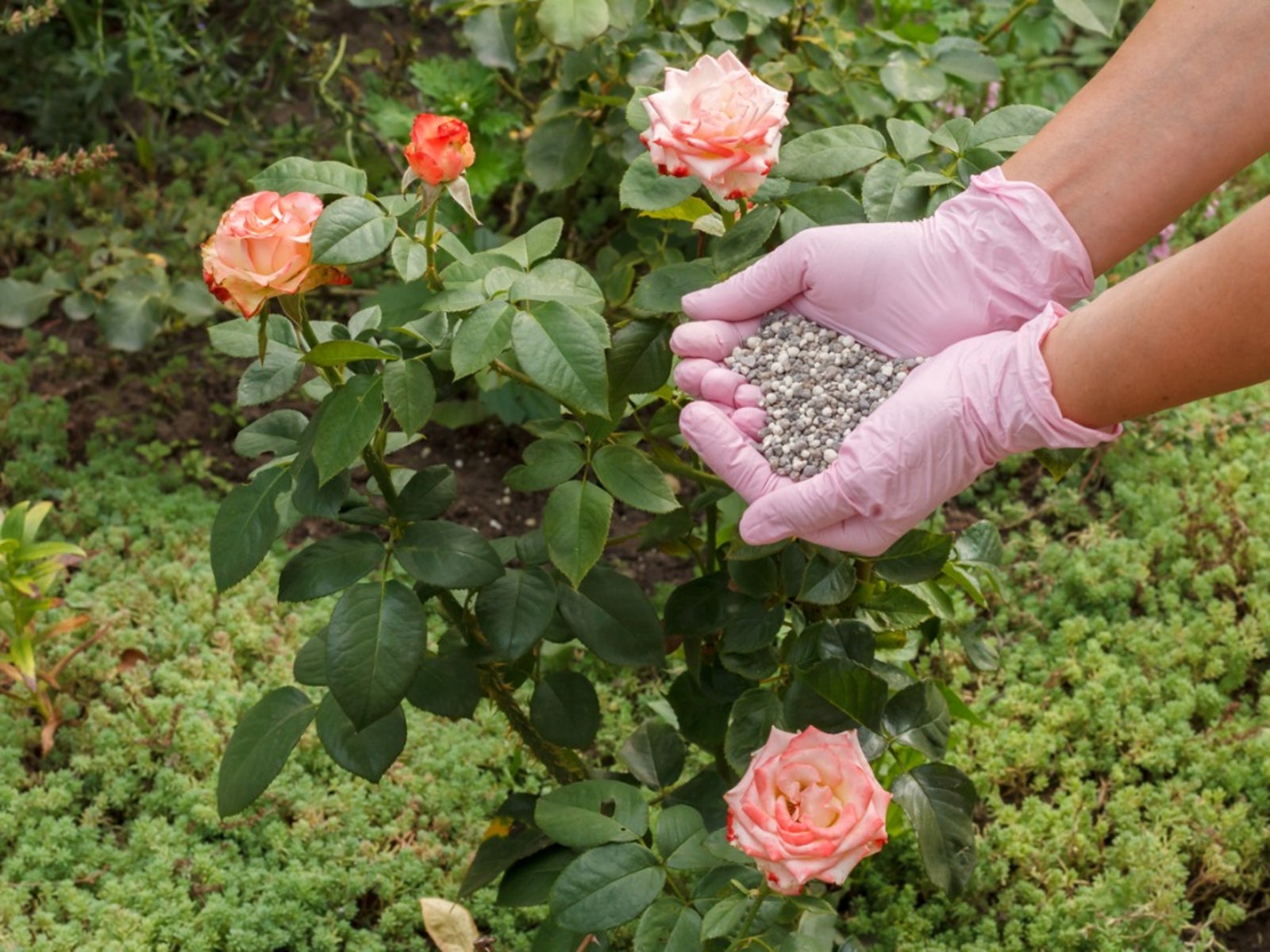The Best Rose Fertilizer For Bigger Blooms
The Best Rose Fertilizer for Bigger Blooms
Roses are one of the most popular flowers in the world, and for good reason. They are beautiful, fragrant, and come in a wide variety of colors. But in order to keep your roses healthy and blooming, they need to be properly fertilized.
The right fertilizer can help your roses grow bigger, stronger, and produce more blooms. But with so many different fertilizers on the market, it can be tough to know which one is right for you.
In this blog post, we will discuss the best rose fertilizer for bigger blooms. We will also talk about how to fertilize your roses properly and how often you should do it.
Introduction
Roses need three primary nutrients to thrive: nitrogen, phosphorus, and potassium. Nitrogen helps roses grow lush green leaves. Phosphorus helps roses produce more blooms. Potassium helps roses resist pests and diseases.
In addition to these three primary nutrients, roses also need a variety of secondary and trace nutrients. These nutrients help roses grow strong roots, develop healthy blooms, and resist stress.
The best rose fertilizer for bigger blooms will contain a balanced amount of nitrogen, phosphorus, and potassium. It will also contain the secondary and trace nutrients that roses need.
Main Content
There are two main types of rose fertilizer: organic and inorganic. Organic fertilizers are made from natural materials, such as manure, fish emulsion, and bone meal. Inorganic fertilizers are made from synthetic chemicals.
Organic fertilizers are a good choice for gardeners who want to use a natural product. They are also a good choice for gardeners who have concerns about using chemicals in their gardens.
Inorganic fertilizers are a good choice for gardeners who want to see results quickly. They are also a good choice for gardeners who have large gardens and need to fertilize a lot of roses.
Here are some of the best rose fertilizers for bigger blooms:
- Dr. Earth Rose & Bloom Formula: This organic fertilizer is made from a blend of compost, manure, and other natural ingredients. It is high in nitrogen, phosphorus, and potassium, and it also contains a variety of secondary and trace nutrients.

- Miracle-Gro Rose Plant Food: This inorganic fertilizer is easy to use and provides a quick boost of nutrients. It is high in nitrogen, phosphorus, and potassium, and it also contains a seaweed extract that helps to promote root growth.

- Espoma Rose Tone: This organic fertilizer is made from a blend of fish emulsion, kelp meal, and alfalfa meal. It is high in nitrogen, phosphorus, and potassium, and it also contains a variety of secondary and trace nutrients.

- Jobe's Organic Rose Fertilizer Spikes: These organic fertilizer spikes are easy to use and provide a slow-release source of nutrients. They are high in nitrogen, phosphorus, and potassium, and they also contain a variety of secondary and trace nutrients.

- Schultz Rose & Bloom Fertilizer: This inorganic fertilizer is easy to use and provides a long-lasting boost of nutrients. It is high in nitrogen, phosphorus, and potassium, and it also contains a variety of secondary and trace nutrients.
How to Fertilize Roses
The best time to fertilize roses is in the spring, when they are starting to grow new shoots. You can also fertilize roses in the fall, after they have finished blooming.
To fertilize your roses, simply sprinkle the fertilizer around the base of the plant and water it in well. Follow the directions on the fertilizer label for the correct amount to use.
You should fertilize your roses every 4-6 weeks during the growing season. In the fall, you can fertilize them once or twice.
Conclusion
By using the right fertilizer and fertilizing your roses properly, you can help them grow bigger, stronger, and produce more blooms. With a little care and attention, you can enjoy beautiful roses for many years to come.
Visit Home Gardening for more information about the best rose fertilizer for your needs.
FAQ of rose fertilizer
- What is the best fertilizer for roses?
There is no one-size-fits-all answer to this question, as the best fertilizer for roses will vary depending on the specific type of rose, the soil conditions, and the climate. However, a general purpose fertilizer with a balanced NPK ratio (such as 10-10-10 or 12-12-12) is a good starting point. Roses also benefit from fertilizers that are high in phosphorus, which helps promote flowering.
- When should I fertilize my roses?
Roses should be fertilized every 4-6 weeks during the growing season, from spring to fall. You can fertilize them more often if they are in poor soil or if you are seeing signs of nutrient deficiency. It is important to stop fertilizing roses 6-8 weeks before the first frost, so that they have time to harden off for winter.
- How much fertilizer should I use?
The amount of fertilizer you need to use will depend on the size of your rose bush and the type of fertilizer you are using. Follow the directions on the fertilizer label carefully. It is better to under-fertilize than to over-fertilize, as too much fertilizer can damage your roses.
- How do I apply fertilizer to my roses?
You can apply fertilizer to your roses either by broadcasting it around the base of the bush or by mixing it into the soil at the time of planting. If you are broadcasting fertilizer, be sure to water it in thoroughly afterwards.
- What are some natural fertilizers for roses?
There are a number of natural fertilizers that you can use on your roses, such as compost, manure, bone meal, and fish emulsion. These fertilizers are less likely to burn your roses than synthetic fertilizers and can help to improve the overall health of your soil.
- Can I over-fertilize my roses?
Yes, it is possible to over-fertilize your roses. Symptoms of over-fertilization can include yellowing leaves, stunted growth, and weak stems. If you think you may have over-fertilized your roses, you can flush the soil with water to help remove the excess fertilizer.
- What are some common fertilizer mistakes to avoid?
Some common fertilizer mistakes to avoid include:
* Using too much fertilizer.
* Applying fertilizer too close to the plant's roots.
* Not watering the fertilizer in thoroughly.
* Fertilizing in hot, dry weather.
* Fertilizing sick or stressed plants.
Image of rose fertilizer
- Rose fertilizer granules. This type of fertilizer is typically applied to the soil around the rose bush.

- Rose fertilizer liquid. This type of fertilizer is diluted with water and applied to the soil around the rose bush.

- Rose fertilizer spikes. These spikes are inserted into the soil around the rose bush and slowly release fertilizer over time.

- Rose fertilizer tea. This type of fertilizer is made by steeping organic materials, such as compost or manure, in water. The tea is then applied to the soil around the rose bush.

- Rose fertilizer slow-release. This type of fertilizer is designed to release nutrients over a long period of time, typically several months.

- Rose fertilizer organic. This type of fertilizer is made from natural ingredients, such as compost or manure.

- Rose fertilizer balanced. This type of fertilizer contains equal amounts of nitrogen, phosphorus, and potassium.

- Rose fertilizer high nitrogen. This type of fertilizer is high in nitrogen, which helps promote foliage growth.

- Rose fertilizer high phosphorus. This type of fertilizer is high in phosphorus, which helps promote flower growth.
- Rose fertilizer high potassium. This type of fertilizer is high in potassium, which helps promote disease resistance and flower production.


Post a Comment for "The Best Rose Fertilizer For Bigger Blooms"